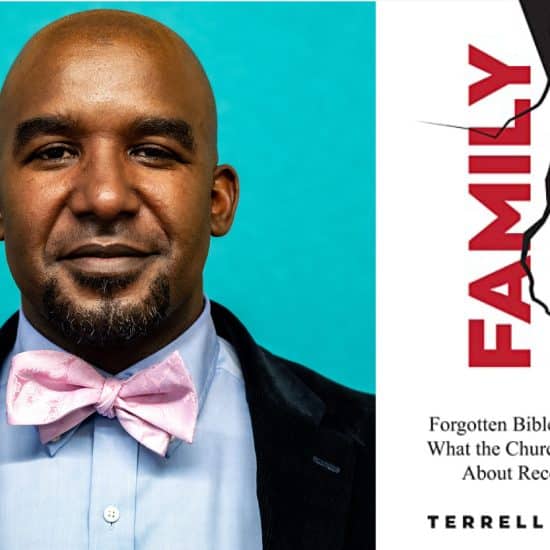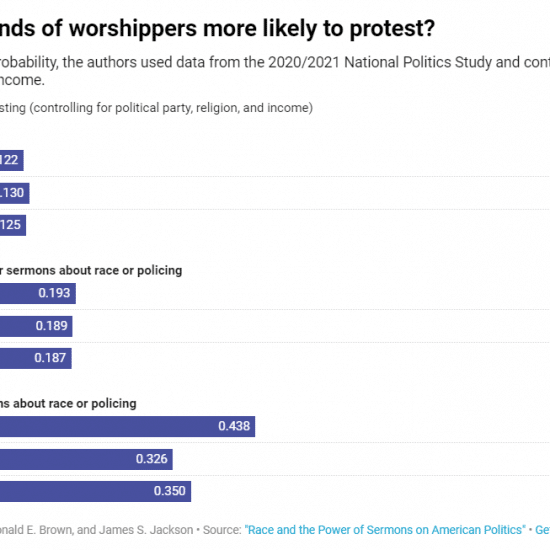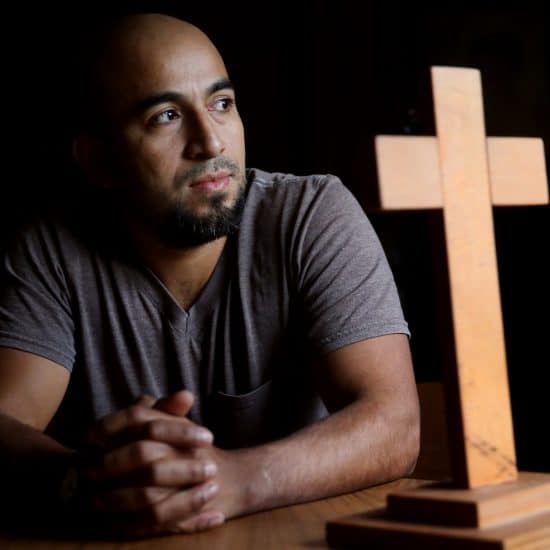Church planting (or church starting or church launching) is the focus of this week's in-depth cover package. While many of the news, features, analytical packages and opinion pieces we print are seasonal or related to specific news events, church planting is always in season. Like missions and evangelism.
Our church-starting package was researched and written by Word&Way Associate Editor Vicki Brown. Her work is a reminder that launching a new congregation can never be taken lightly. And while every experience requires some common ingredients, no two church launches are ever exactly alike. And if you are looking for a calling that will enable you to coast along with little effort, don't become a church planter.
Baptists have been a diverse bunch since some of their earliest days. Here in the 21st century, Baptist diversity seems to have reached new levels. Baptists — not unlike other faith groups — label one another as conservatives or moderates, traditionalists or progressives, fundamentalists or liberals, passive or aggressive. But starting new and healthy congregations in pockets where nary a gospel influence exists is a common goal of virtually every Baptist unit, from congregations to regional associations to state conventions to national denominations.
Some do church planting better than others. Some place more money and greater manpower into such efforts from the very beginning. Others seem to begin on a shoestring.Some die as infant or adolescent congregations; others emerge like giant oak trees, even reproducing themselves over time. Some inexplicably fail; others inexplicably thrive.
Not all church plants look alike. Most of us are aware of new work involving a couple of families starting out in a living room, a garage or a storefront building.
These days, a few congregations open in fully equipped and spacious church structures with hundreds of people in attendance. The doors open with considerable fanfare fueled by sophisticated media awareness campaigns. Their success in terms of the level of participation is assured prior to opening Sunday.
Baptists and other groups traditionally have employed thorough research as they have begun contemplating a new congregation in a new area. In years past, that research often took the form of door-to-door canvassing to determine whether a good portion of the residents was actually unchurched and whether a need for a viable new congregation existed. Similar efforts are employed today.
But contemporary demographic research — very sophisticated and usually available for a price — is readily available today, too.
We can know the television viewing habits, shopping habits, religious preferences, church attendance and the like for a given community without meeting any of its residents. We can know how people use recreational and other leisure time. We can pinpoint their vices. Levels of cohabitation, marriage and divorce seem readily available.
Most of us would be surprised to know what others can learn about us without our knowledge. Such awareness enables many entrepreneurs to prosper, sometimes at our expense. But it also can enable those who want to share the love of Christ with information to do so more effectively. There is very little reason for not being aware of how best to extend a needs-based ministry.
Knowledge is only as good as the specific strategy it produces when it comes to launching a new congregation. Virtually every Baptist group stands ready with resources to help churches and church planters determine the best approach for specific communities and specific groups of people. There are strategies for reaching very narrow categories of prospects and others for casting a church-starting net more broadly. The strategies help us determine how best to distribute financial and human church-launching resources.
Baptist church starts today might look very different and use methodologies that would seem foreign to first-century believers. But the church-starting emphasis originated in the earliest church; what we do today simply carries on that tradition/strategy. The earliest believers sought each other out and started churches, which in turn provided a mechanism not only for evangelism but aggressive discipleship of newer believers.
We modern-day Baptists have our differences to be sure. But I'm glad we all seek to bear the marks of our earliest Christian forebears by expanding God's kingdom through reaching and discipling people and beginning new churches.
Bill Webb is editor of Word&Way.






